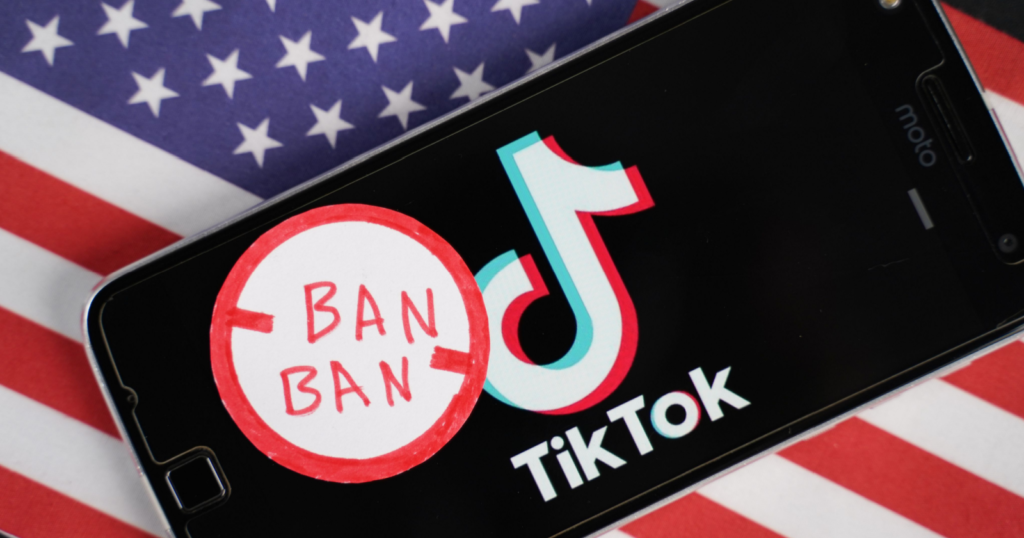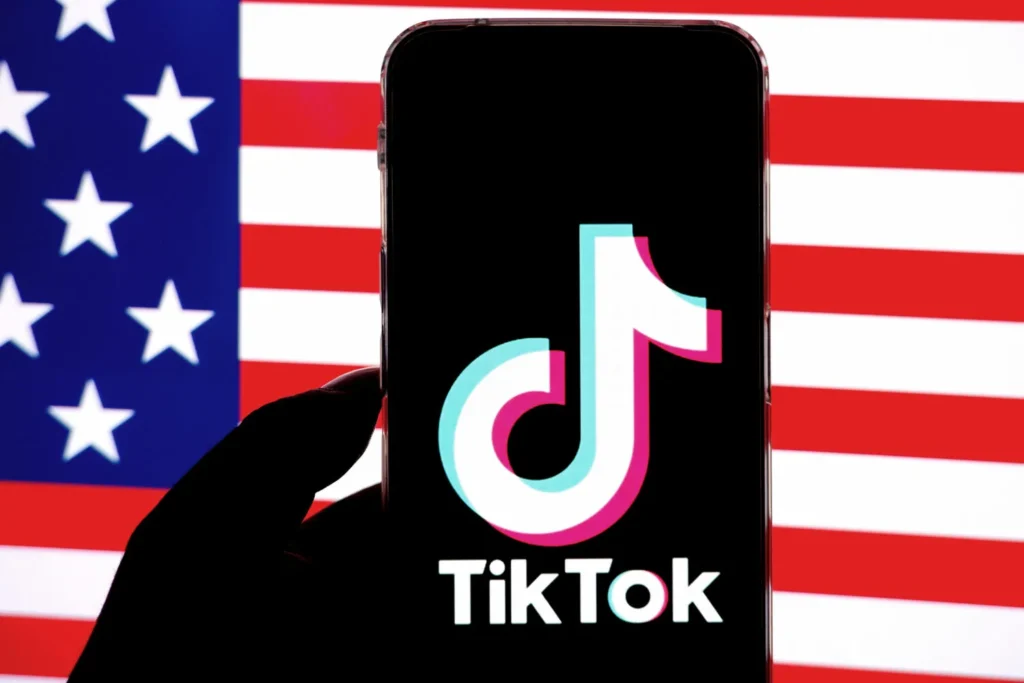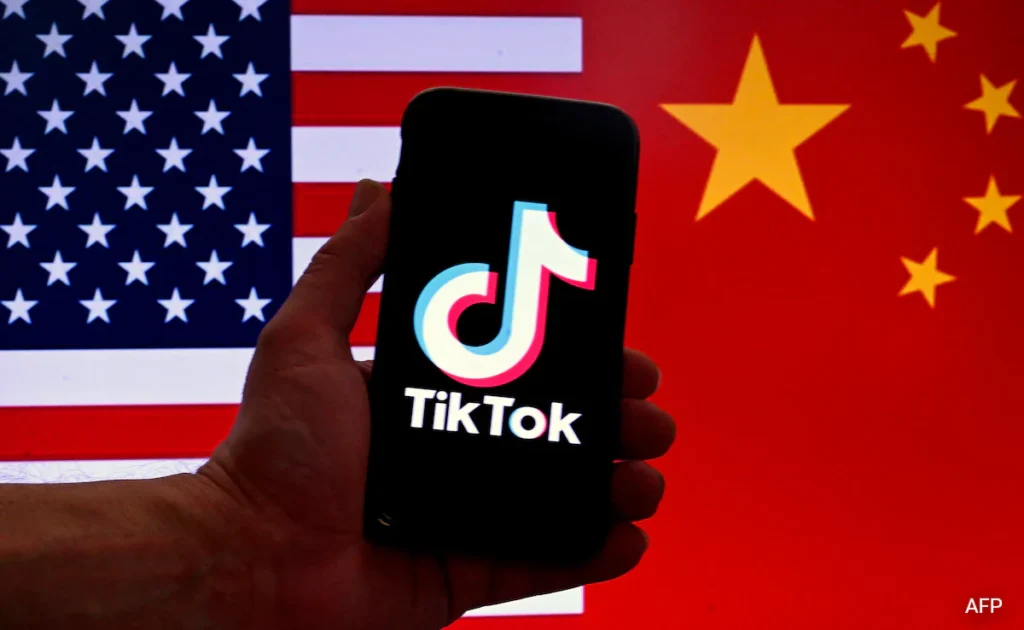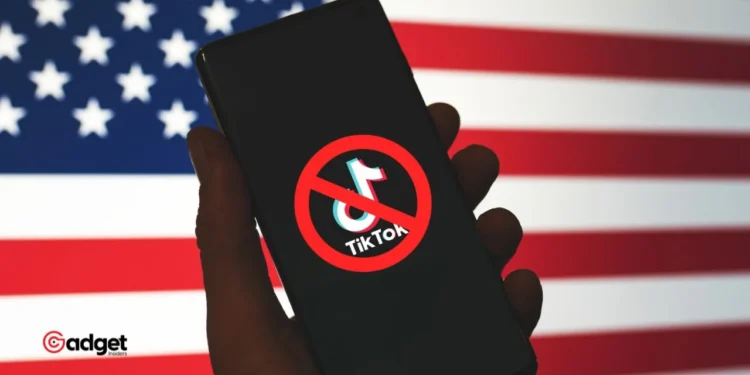With the recent enactment of the Protecting Americans from Foreign Adversary Controlled Applications Act by Congress, the popular social media platform TikTok faces an uncertain future in the United States. Signed into law by President Joe Biden on April 24, 2024, the act targets apps like TikTok, which is owned by the China-based giant ByteDance, alleging risks of spreading misinformation and exposing American data to potential exploitation by foreign powers.

A Glimpse into TikTok’s American Footprint
TikTok is not just a platform for entertainment but has woven itself into the fabric of American digital culture. Home to 170 million users in the U.S., the social media app serves as a hub for a plethora of content, from dance routines to news snippets, profoundly impacting the social and economic landscape. Its significant role is underscored by its vast reach, claiming the attention of over half the U.S. population, including seven million small businesses that leverage the platform for growth and customer engagement.

The Legal and Public Opposition
The deadline for the social media app’s divestiture is set for January 19, 2025, but this doesn’t mean an immediate shutdown. The situation is poised for a drawn-out legal battle, highlighted by ByteDance’s claim that the ban infringes on the First Amendment rights of American TikTokers. The controversy extends beyond legal realms into public discourse, where a massive outpouring of support for the app is evident through petitions and direct appeals to Congress, stressing the platform’s integral role in modern American life.

Tracing TikTok’s Evolutionary Journey
The origins of TikTok trace back to the acquisition of Musical.ly in 2017, evolving rapidly to surpass a billion users worldwide by 2021. This trajectory wasn’t without competition or predecessors; its path was paved by the likes of Vine and Snapchat Stories, each contributing to the short-form video format that the app would eventually dominate.
Controversies Surrounding TikTok
Despite its popularity, the app has faced its share of scrutiny and controversy. The platform’s powerful algorithm, while a cornerstone of its success, has also raised alarms about potential risks to young and vulnerable users. High-profile incidents, including dangerous viral challenges, have sparked lawsuits and intense criticism, questioning the balance between user engagement and safety.
International Bans and Security Concerns
The apprehensions are not limited to the U.S.; several countries have taken measures against TikTok citing security and privacy concerns. This includes complete bans in regions like India and Afghanistan and restrictions in others like Australia and the UK, primarily on government devices.
Potential Buyers on the Horizon?
As TikTok navigates these turbulent waters, the question of who might take over its U.S. operations remains open. High-profile names and major corporations from tech and finance have shown interest, though the ultimate buyer and the terms of any potential deal, particularly regarding the pivotal algorithm, remain shrouded in uncertainty.
As TikTok stands at a crossroads, the broader implications of its possible ban go beyond the legal issues to challenge the very ethos of global digital communication and commerce. The unfolding scenario will undoubtedly be a key marker in the ongoing dialogue about technology, governance, and user privacy in the digital age.










